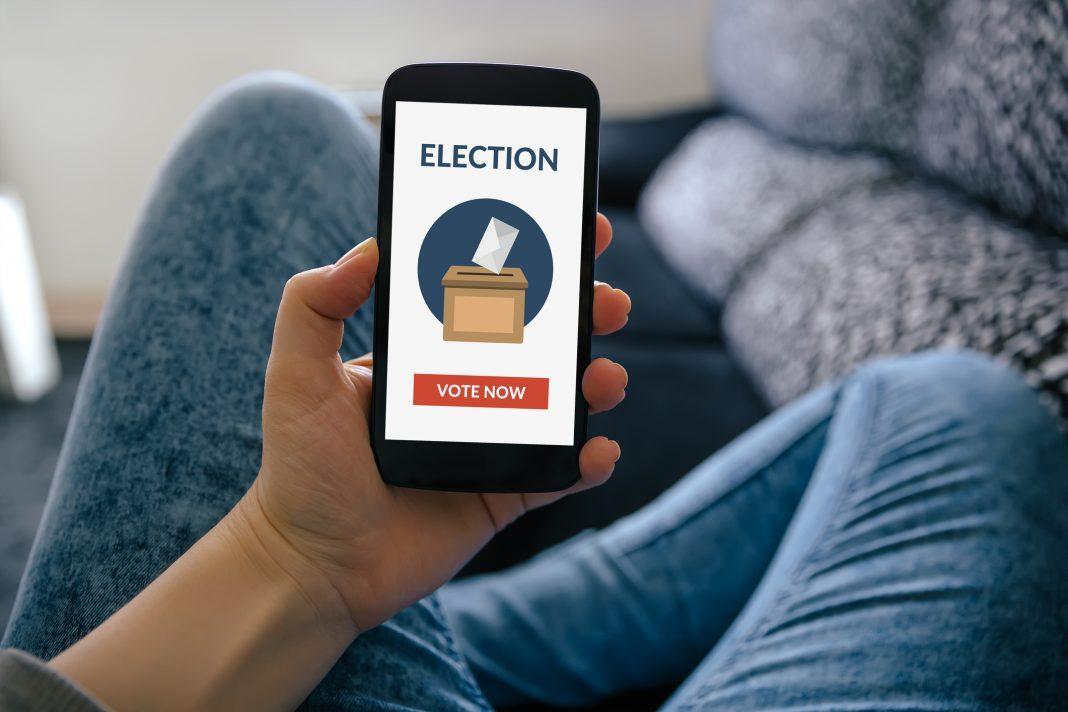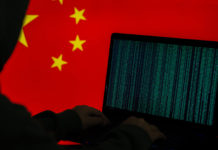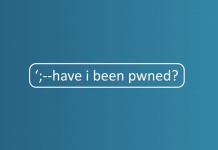West Virginia has released a mobile app for voting in the 2018 midterm elections in a limited number of counties. The app utilizes blockchain technology and multifactor authentication, and it is primarily intended to enable military members living abroad the opportunity to cast a ballot.
Advocates for the technology extoll the ability for overseas voters to have a more reliable means of voting. West Virginia Secretary of State Mac Warner has been pushing for the move following his inability to mail or fax a ballot for the 2012 presidential election while stationed abroad. American voters living abroad are among the least likely to vote, with a recent report showing a 4% turnout for 2014 elections.
Election security specialists aren’t as enthusiastic, especially in the wake of studies showing the relative insecurity of election systems around the country and Russian interference in the 2016 election cycle.
“Mobile voting is a horrific idea… [i]t’s internet voting on people’s horribly secured devices, over our horrible networks, to servers that are very difficult to secure without a physical paper record of the vote,” said Joseph Lorenzo Hall, the chief technology at the Center for Democracy and Technology in a letter to CNN.
Voatz has provided reassurances as to the security of their platform, stating on their website FAQ that “[o]nly smartphones that support the necessary security requirements can run the Voatz app… requirements include support for biometric authentication and running the latest version of the operating system.. The Voatz app does not permit a voter to vote if the operating system has been compromised.”
Voatz also provided details of security audits and penetration testing performed by external agencies and third parties who called the results “satisfactory.” Security experts aren’t finding any reassurance in Voatz’s claims, especially given the security issues found with the company’s own website and server.
Others have wondered about the need for app- or internet-based voting at all. “Efficency is not the problem we are trying to solve with elections. The inefficiency of paper ballots and their handling and collation and tabulation is a feature, not a bug,” said Techcrunch’s Jon Evans.
Whether or not Voatz and West Virginia’s idea of a blockchain-enabled internet-based future for voting comes to be viewed as a debacle or a model for other status is yet to be seen.










